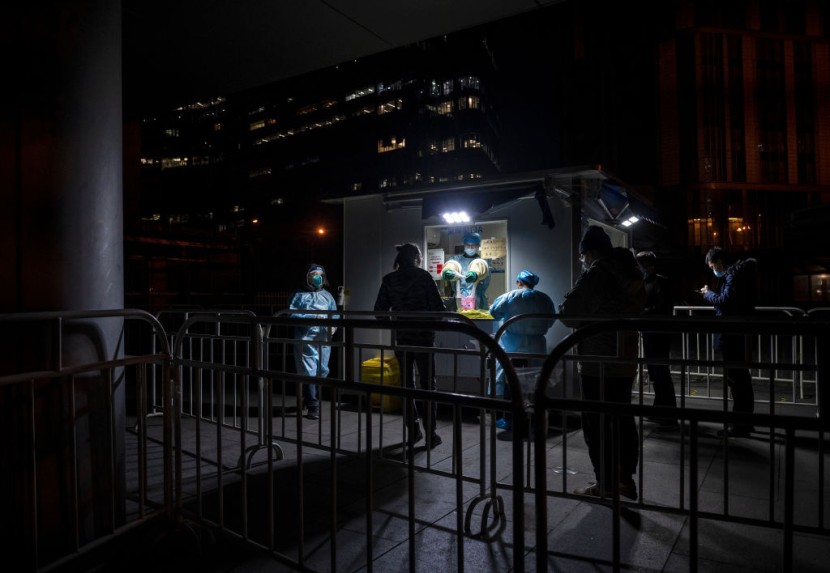
Various companies worldwide are preparing themselves for another round of supply chain issues after China, which is home to roughly a third of global manufacturing, imposed sweeping lockdowns in a desperate attempt to contain the Omicron variant.
China's protocols have already forced tens of millions of people to be confined inside their homes in various cities. They have also contributed to a suspension of connecting flights through Hong Kong that connected to much of the world for the next month.
China's Strict Policies
Currently, there are also at least 20 million people, which is equal to roughly 1.5% of China's entire population, who have been placed under lockdown. The majority of the affected residents are those from the city of Xi'an located in western China and in Henan Province in north-central China.
Authorities imposed the zero-tolerance policy that has already forced manufacturers, who are on the edge after spending issues in the last two years and dealt with crippling supply chain issues, to raise concerns for another round of shutdowns. The issue could affect Chinese factories and ports with additional disruptions to the global supply chain being possible, the New York Times reported.
The situation comes as a senior economist for Asia-Pacific at Moody's Analytics, Katrina Ell, said that the bottlenecks in the global supply chain have lasted for about a year and are now expected to "materially ease in the early months of the year." She said that the issue was being prolonged largely by China's strict new policies.
Ell said that the world could start seeing material downward pressure on things such as producer prices, input prices, and other similar areas. However, she argued that China's new policies and their decision to shut down important ports and factories could cause disruptions, arguing they could amplify ongoing supply chain woes.
Since the beginning of the coronavirus pandemic, Beijing has implemented a strict zero-COVID policy to control the spread of the virus. The guidelines include stern quarantines and travel restrictions to control outbreaks, whether within a city or with other countries, CNBC reported.
Global Supply Chain Issues
However, some believe that China's decisions force it to come face-to-face with difficult challenges in stamping out the coronavirus from its territory. Beijing's new policies were a response to the surge of cases of the Omicron variant across the nation in recent days that affected major port cities such as Dalian and Tianjin.
Currently, China's strict approach is proving to be effective as the country has recorded far fewer COVID-19 cases compared to many other nations during the pandemic and experienced growth in its economy in 2020. However, the Omicron variant threatens to upend all that Beijing has built due to its high transmissibility, which makes it difficult to contain.
China's zero-tolerance policy could potentially do more harm than good compared to other nations that are working on living with the virus. For example, Goldman Sachs, a leading global investment and financial services company, slashed its projection for Chinese economic growth in 2022 to 4.3%, a drop of 0.5%, which was equal to last year's growth estimated to be, CNN reported.
Related Article: Trump's Arizona Speech Repeats Overused Narrative of Fraud 2020 Elections, Claims Biden Is 'Destructive'








